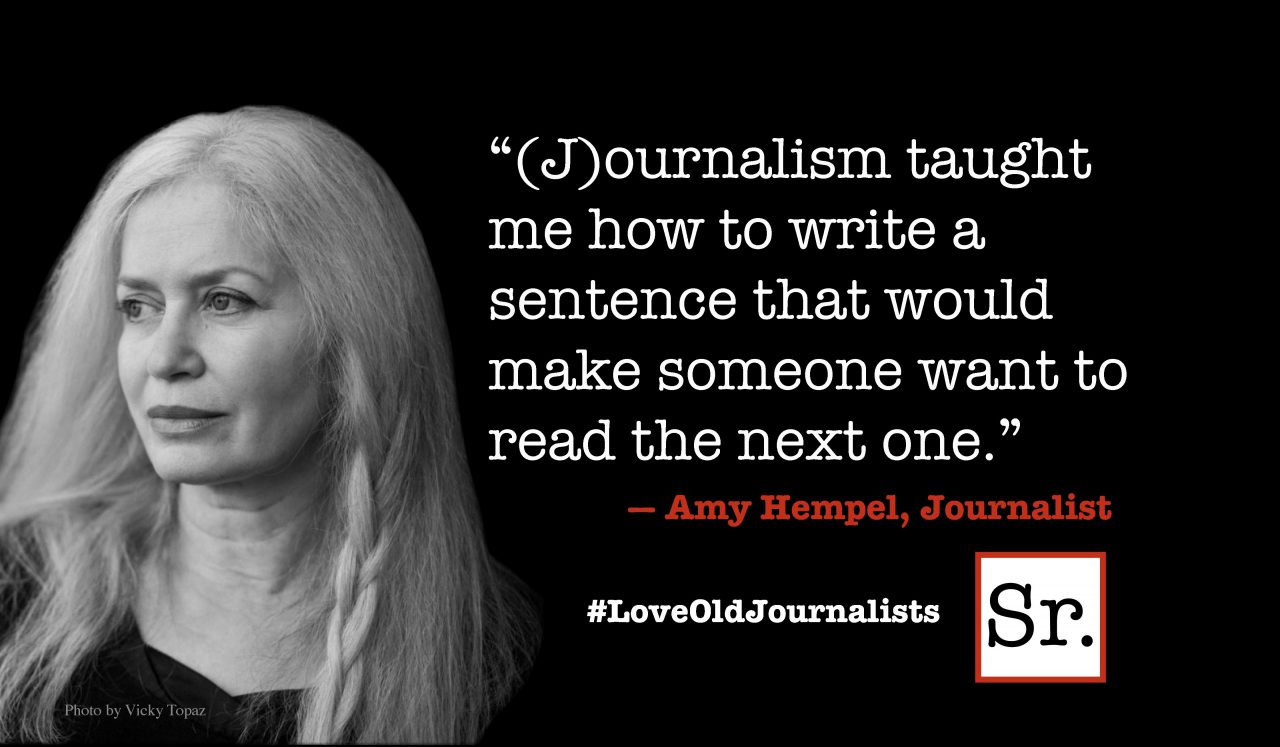I am convinced that most of us do the best we can — or nearly so — most of the time. I depart from those theologians who hold that all humans are born with the proclivity to do wrong things — “sins,” they call these acts, and hold that we have no power or even a willingness to do anything else. “I have sinned,” said Adam originally, and when he ate the fruit Eve had given him, human goodness disappeared forever. In this biblical myth, what this couple discovered was sex, and by making use of it, every person since has been conceived in sin. While that scenario seems to make a divine savior necessary, it paints a dismal picture of humanity. Of course we all do stupid evil things, but I believe that the core of the human heart is better than Augustine and others posited.
So if we are not as bad as some theologians have told us, how is it that our lives and the world are filled with violence, and all the deadly episodes from which violence flows? If most of us are so darn good, how come we can’t get along? Why doesn’t all this personal benevolence translate into ways to solve our conflicts? Why can’t liberals and conservatives, labor and management, the rich and the poor, just sit down and realize that the only way to avoid injustice is to recognize in each other values we can all share?
Reinhold Niebuhr spelled out another perception of the problem in Moral Man and Immoral Society, (1932). He suggested that sin is not an individual issue, but what inevitably happens in the structures of social organization. The root problem, of “sin,” is not sexual but the lust for power. And that lust is evident in most societal bodies. The result is that once power is achieved and advantages flow to this group or that, conflict is inevitable. Niebuhr’s conclusion: individuals may be full of good will, but when they get together in self-serving bodies — that is social structures — all that goodness is compromised in group self-interest. The organized powerful never give up power without being coerced.
People in power may individually understand the fairness inherent in its redistribution so that everyone reaps the benefits of some more equitable arrangement. The liberal myth is that if we can just get fair-minded people to talk together and find the truth in the variety of their divisive positions, all class conflict can be solved and highly unjust social structures can be changed. Religious progressives have long believed in the integrity of this ethical doctrine. Niebuhr held that people in power, be it political, economic or social, never give it up voluntarily or without pressure from the powerless.
As much as we would like to see some more cooperative system of resolving disputes, you can search history without finding that this more gracious system works. Power is rarely shared, no matter how good are the individuals who hold it, without conflict.
There were many gracious, sensitive slave-owners in the American South, but they were not about to give up the economic value of a social institution that held others as property. We might have hoped that the benevolent-minded members of the Dutch Reformed Church in South Africa could have realized the value of sitting down with the African National Congress and by recognizing the values inherent in both positions, end apartheid without a struggle. Women did not get the vote when men saw the wisdom of their cause and realized that suffrage for women was good for all concerned.
America’s wealthy have not and will not voluntarily set aside their economic power and social advantage so that our society arrives at some modicum of economic justice. In fact, they will fund elections, fight tax revisions, reject even modest increases in the wages of workers and do whatever else they can to hold onto their advantage.
If Niebuhr was right, and justice only comes through coercion, we can hope that coercion does not lead to violence. The soft liberalism that says, “why can’t we just get along and see the values in each position?” may work in conflicts between benevolent individuals, but may not yield to justice in situations where most of the clout — in this case economic clout — resides within one camp.








